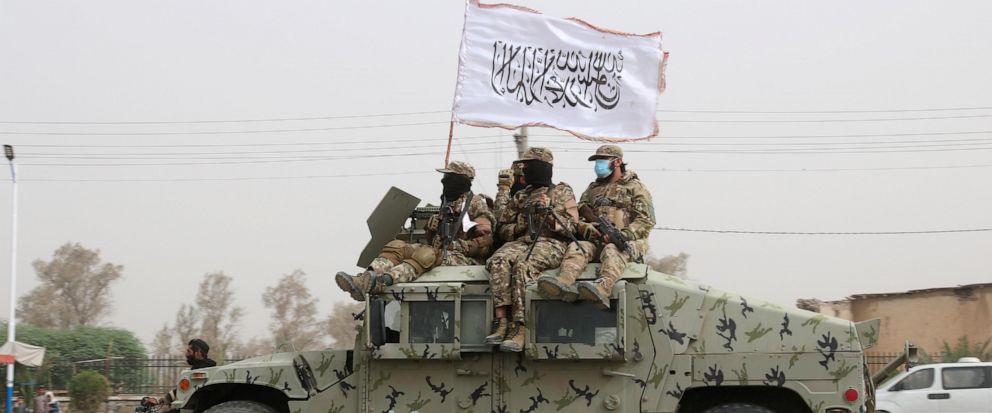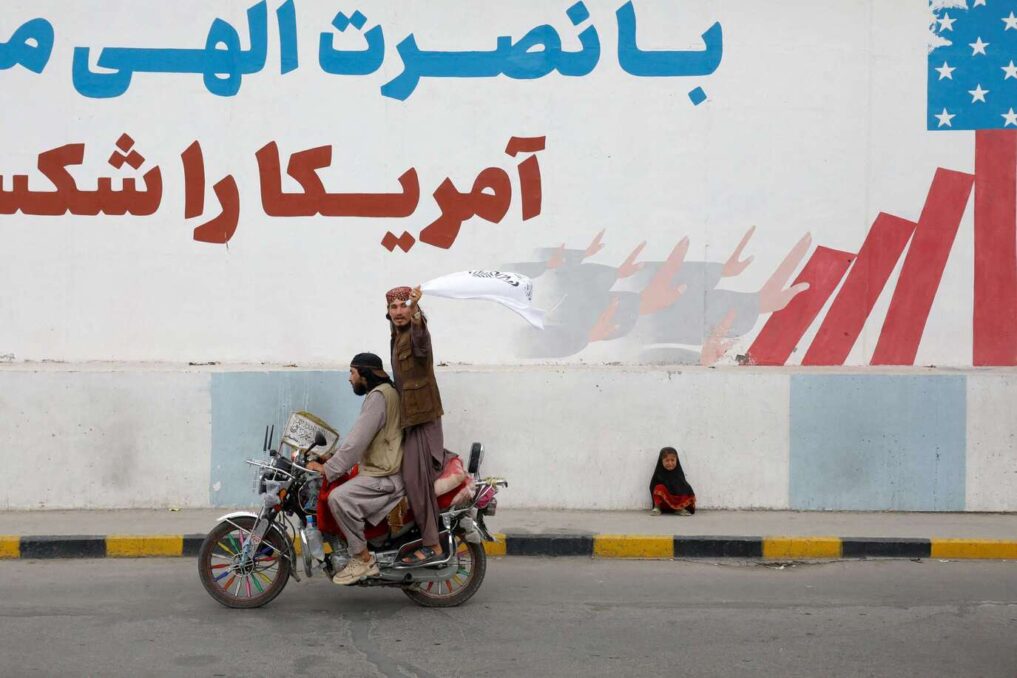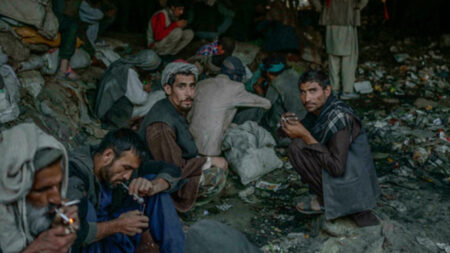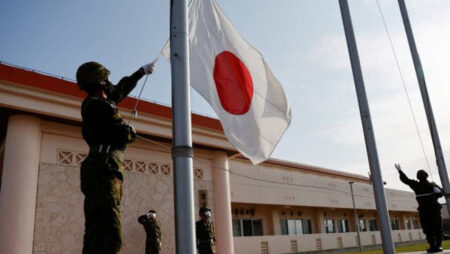In the wake of the Taliban’s resurgence in Afghanistan, the international community has been shocked by the grim reality unfolding in the nation. Since the Taliban takeover, more than 200 members of Afghanistan’s former military, law enforcement, and government have lost their lives, revealing a deeply troubling trend of targeted violence and extrajudicial killings. The United Nations mission in Afghanistan (UNAMA) has been closely monitoring the situation and has raised alarm bells over the loss of lives and the lack of accountability measures taken by the Taliban.
Table of Contents
The Shocking Toll
According to the recent report released by UNAMA, the toll on former Afghan military officials has been devastating. Despite the issuance of a “general amnesty” for old enemies by the Taliban, the mission documented a staggering 218 extrajudicial killings that have been linked to the Taliban’s actions. This alarming number underscores the grave challenges faced by those who were once part of Afghanistan’s defense and governance structures.
Approximately half of the fatalities recorded by UNAMA occurred in the four months following the Taliban’s takeover, while US-backed foreign forces were retreating, in August 2021, and 70 in 2022.
UNAMA had documented 800 incidences of human rights violations associated with the Taliban against former government employees and military personnel, including arbitrary arrests, disappearances, and torture.
Elusive Accountability
One of the concerning aspects highlighted by the UNAMA report is the limited information available on investigations and accountability measures taken by the Taliban. The report shed light on instances where individuals were detained by de facto security forces, only to meet a tragic end shortly afterward. The lack of transparency surrounding these incidents raises serious doubts about the adherence to the rule of law in the new regime.

The Taliban’s Response
In response to these grave accusations, the Taliban-led foreign affairs ministry issued a statement asserting that their supreme spiritual leader had indeed issued an amnesty order. This order was accompanied by another directive against the torture or ill-treatment of individuals in custody. The Taliban vehemently denied engaging in state-sanctioned extrajudicial killings or specifically targeting those who had been associated with the former foreign-backed government.
The statement further clarified that no military staff of the previous administration had been subjected to arrest, detention, or torture based on their activities within the security institutions. However, individuals who had shifted their allegiance to opposition groups of the Taliban administration or had engaged in activities detrimental to the new system had been apprehended and subsequently handed over to the judicial authorities.
The Human Cost and International Response
Beyond the numbers lies the profound human cost of this ongoing crisis. Families have been left devastated by the loss of loved ones who once served their country. The international community has expressed deep concern over the situation and is actively engaging in diplomatic efforts to address the crisis, support those affected, and ensure that Afghanistan finds a path towards stability and peace.
Looking Forward
As Afghanistan navigates this turbulent chapter in its history, the path forward remains uncertain. The country is grappling with challenges that range from restoring security and stability to rebuilding trust among its citizens. The international community, including the United Nations, has a crucial role to play in assisting Afghanistan’s journey toward a more peaceful and inclusive future.

The tragic loss of over 200 former Afghan military officials since the Taliban takeover is a stark reminder of the fragile nature of peace and stability in conflict-ridden regions. The situation calls for collective efforts to hold those responsible for violence and extrajudicial killings accountable, as well as to support Afghanistan in its pursuit of a brighter and more secure future.













